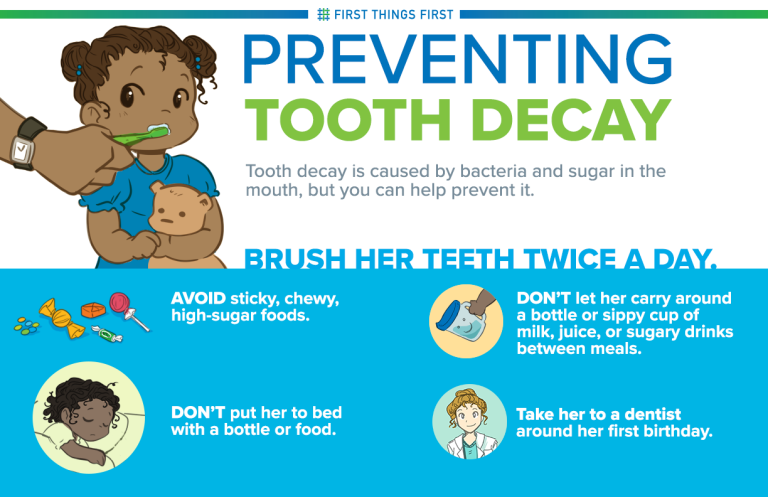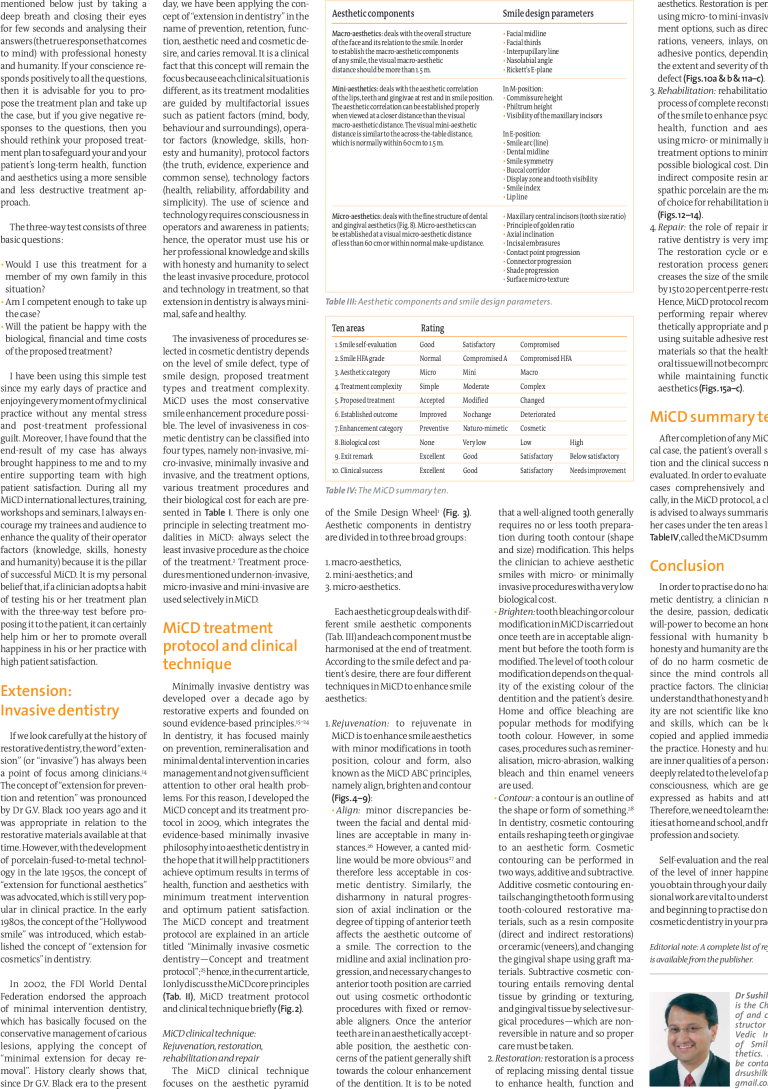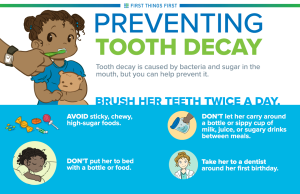Understanding and Preventing Childhood Tooth Decay
You may think that tooth decay is just a normal part of childhood, but it doesn’t have to be!
Understanding and preventing childhood tooth decay is essential for the overall health and well-being of your child. Contrary to popular belief, tooth decay is not just caused by eating too much candy or neglecting oral hygiene.
There are many factors that contribute to tooth decay in children, including diet, oral hygiene habits, and genetics. By taking proactive measures and implementing good oral hygiene practices, you can significantly reduce the risk of tooth decay in your child.
This guide will provide you with valuable insights and practical tips to help you understand and prevent childhood tooth decay.
Key Takeaways
– Regular dental check-ups and professional cleanings are important for early detection and treatment of tooth decay.
– Limiting sugar consumption and maintaining good oral hygiene habits, such as brushing and flossing regularly, can help prevent tooth decay.
– Acidic foods and beverages should be consumed in moderation to reduce the risk of cavities.
– Teaching children proper oral hygiene habits from an early age can lead to long-term benefits, including healthier teeth and gums, reduced risk of dental issues, and improved self-esteem.
The Importance of Dental Hygiene
To maintain healthy teeth and prevent childhood tooth decay, it’s crucial for you to practice consistent and thorough dental hygiene.
Brushing your teeth at least twice a day is essential in removing plaque, which is a sticky film of bacteria that can cause tooth decay. Make sure to use a toothbrush with soft bristles and fluoride toothpaste to effectively clean your teeth and gums. Remember to replace your toothbrush every three to four months or sooner if the bristles become frayed.
In addition to brushing, don’t forget to floss daily. Flossing helps remove food particles and plaque from between your teeth and along the gumline, where your toothbrush may not reach.
It’s also important to visit your dentist regularly for check-ups and professional cleanings. Your dentist can identify any potential dental issues early on and provide appropriate treatment.
Common Causes of Childhood Tooth Decay
One common cause of childhood tooth decay is poor oral hygiene, which can lead to the buildup of plaque and the development of cavities. When children don’t brush their teeth regularly or properly, they allow food particles and bacteria to remain in their mouths. This can result in the formation of plaque, a sticky film that coats the teeth and gums. Over time, the acids produced by the bacteria in plaque can erode the tooth enamel, leading to cavities.
Tooth decay in children can also be caused by the following factors:
– High sugar consumption: Consuming sugary foods and drinks, such as candy, soda, and juice, can increase the risk of tooth decay. The bacteria in the mouth feed on the sugars, producing acids that attack the teeth.
– Infrequent dental visits: Regular dental check-ups are essential for preventing tooth decay. Dentists can detect early signs of decay and provide necessary treatments.
– Lack of fluoride: Fluoride helps strengthen the tooth enamel and prevent cavities. Children who don’t receive enough fluoride, either through fluoridated water or dental products, are more susceptible to tooth decay.
– Sharing utensils or toothbrushes: Sharing utensils or toothbrushes with someone who’s tooth decay or gum disease can transfer harmful bacteria to a child’s mouth, increasing the risk of cavities.
Understanding the Role of Diet in Tooth Decay
Now let’s talk about the role of diet in tooth decay.
You might be surprised to learn that sugar is a major culprit when it comes to causing cavities. Consuming acidic foods can also contribute to the formation of cavities.
However, by practicing healthy eating habits, you can protect your teeth and prevent tooth decay.
Sugar and Tooth Decay
You can significantly reduce the risk of tooth decay by understanding the impact of sugar on your child’s diet. Sugar plays a major role in tooth decay, as it provides fuel for the bacteria in the mouth to produce acid that attacks the teeth.
Here are four important things to know about sugar and tooth decay:
– Frequency: Limit the frequency of sugar consumption to reduce the exposure of teeth to acid. Constant snacking or sipping on sugary drinks can increase the risk of tooth decay.
– Types of sugar: Not all sugars are the same. Natural sugars found in fruits are better for teeth compared to added sugars found in processed foods and drinks.
– Hidden sugars: Many foods and drinks, including some seemingly healthy options like fruit juices and flavored yogurt, contain hidden sugars. Always check the labels for added sugars.
– Oral hygiene: Brushing teeth twice a day with fluoride toothpaste and flossing daily are essential to remove sugar and plaque buildup, preventing tooth decay.
Acidic Foods and Cavities
To understand the role of diet in tooth decay, it’s important to consider the impact of acidic foods and their contribution to cavities.
Acidic foods, such as citrus fruits, tomatoes, and certain beverages like soda and fruit juices, can erode the protective enamel layer of your teeth. When the enamel wears away, it exposes the underlying dentin, making your teeth more vulnerable to decay.
Additionally, acidic foods create an environment where harmful bacteria thrive, leading to an increased risk of cavities.
It’s crucial to limit your consumption of acidic foods and beverages and rinse your mouth with water after consuming them to help neutralize the acid.
Maintaining a balanced and healthy diet is key in preventing tooth decay caused by acidic foods.
Healthy Eating for Teeth
After understanding the impact of acidic foods on tooth decay, it’s important to consider how your diet plays a crucial role in maintaining healthy teeth. Making smart food choices can help prevent cavities and promote good oral health. Here are some key points to keep in mind:
– Limit sugary snacks and beverages: Consuming sugary foods and drinks can increase the risk of tooth decay. Opt for healthier alternatives like fruits and vegetables.
– Choose tooth-friendly foods: Foods that are high in calcium, such as dairy products and leafy greens, can strengthen tooth enamel. Also, foods rich in vitamin C and phosphorus can help maintain healthy gums.
– Drink plenty of water: Water not only keeps you hydrated but also helps wash away food particles and bacteria that can cause tooth decay.
– Practice good oral hygiene: No matter how healthy your diet is, it’s important to brush twice a day, floss daily, and visit your dentist regularly for check-ups and cleanings.
Tips for Preventing Tooth Decay in Children
To effectively prevent tooth decay in children, implementing regular dental check-ups is vital. These check-ups allow the dentist to monitor the child’s oral health and catch any signs of tooth decay early on. During these visits, the dentist will thoroughly clean your child’s teeth and provide valuable advice on proper oral hygiene practices.
In addition to regular dental check-ups, it’s important to establish a good oral care routine at home. Encourage your child to brush their teeth at least twice a day using a fluoride toothpaste. Make sure they brush for at least two minutes, covering all surfaces of their teeth. Help them floss daily to remove plaque and food particles from between their teeth.
Limiting sugary snacks and drinks is another key aspect of preventing tooth decay. Sugar feeds the bacteria in the mouth, which produces acids that attack tooth enamel. Encourage your child to choose healthier snacks like fruits, vegetables, and cheese. When they do have sugary treats, make sure they brush their teeth afterwards.
Lastly, consider the use of dental sealants. These thin protective coatings can be applied to the back teeth to prevent decay in the grooves and pits where bacteria often accumulate. Talk to your dentist about whether dental sealants are appropriate for your child.
The Importance of Regular Dental Check-Ups
Regular dental check-ups are crucial for maintaining your child’s oral health and preventing tooth decay. By visiting the dentist regularly, you can catch any potential issues early on and address them before they become more serious.
These check-ups also allow the dentist to provide professional cleanings and offer personalized advice on oral care practices to keep your child’s teeth strong and cavity-free.
Dental Check-Up Benefits
When you regularly schedule dental check-ups for your child, you can ensure their oral health is monitored and maintained. Dental check-ups offer a range of benefits that contribute to your child’s overall well-being. Here are four reasons why regular dental check-ups are important:
– Early detection of dental issues: Regular check-ups allow the dentist to identify any signs of tooth decay, gum disease, or other dental problems at an early stage. This enables prompt treatment and prevents the condition from worsening.
– Professional cleaning: During a dental check-up, the dentist will clean your child’s teeth thoroughly, removing plaque and tartar buildup. This helps prevent cavities and gum disease.
– Oral health education: Dentists provide valuable guidance on proper oral hygiene practices, including brushing techniques, flossing, and diet recommendations. This educates your child on maintaining good oral health habits.
– Monitoring growth and development: Regular check-ups allow the dentist to monitor the growth and development of your child’s teeth, jaw, and bite. Any potential issues can be identified early and appropriate measures can be taken.
Preventing Tooth Decay
By prioritizing regular dental check-ups, you can actively prevent tooth decay in your child. Regular dental check-ups are crucial for maintaining your child’s oral health and preventing tooth decay. During these appointments, the dentist can thoroughly examine your child’s teeth and identify any early signs of decay. They can also provide professional cleanings to remove plaque and tartar buildup, which can lead to cavities.
Additionally, dental check-ups allow the dentist to educate both you and your child about proper oral hygiene practices, such as brushing and flossing techniques. They can also offer valuable advice on diet choices that promote good oral health.
How to Teach Good Oral Hygiene Habits to Children
To instill good oral hygiene habits in children, start with establishing a daily routine. Creating a consistent routine helps children understand the importance of taking care of their teeth and makes oral hygiene a regular part of their lives.
Here are some strategies to teach good oral hygiene habits to children:
– Set a good example: Children learn by observing their parents and caregivers. Brush your teeth together as a family, showing them the proper technique and emphasizing the importance of oral health.
– Make it fun: Turn brushing and flossing into a playful activity. Use colorful toothbrushes, sing songs, or create a brushing chart to track their progress. This makes oral hygiene enjoyable and encourages children to participate willingly.
– Explain the why: Teach children why oral hygiene is important. Explain how brushing and flossing remove bacteria and prevent tooth decay and cavities. Help them understand the long-term benefits of good oral health, such as a bright smile and overall well-being.
– Reward and praise: Recognize and reward your child’s efforts in maintaining good oral hygiene. Offer positive reinforcement, such as stickers or small treats, to motivate and reinforce their commitment to oral health.
Frequently Asked Questions
Can Tooth Decay in Children Lead to Other Health Problems?
Tooth decay in children can indeed lead to other health problems. When left untreated, decayed teeth can cause pain and discomfort, affecting a child’s ability to eat and speak properly.
Additionally, tooth decay can also lead to infections, which may spread to other parts of the body.
It’s important to address and prevent childhood tooth decay to ensure good oral health and overall well-being. Regular dental check-ups, proper oral hygiene, and a healthy diet can all contribute to preventing tooth decay in children.
At What Age Should a Child Start Brushing Their Teeth?
You should start brushing your child’s teeth as soon as the first tooth comes in, usually around 6 months old. It’s important to establish good oral hygiene habits early on to prevent tooth decay.
Use a soft-bristled brush and a small amount of fluoride toothpaste. Brush their teeth twice a day, making sure to reach all surfaces.
As they get older, teach them proper brushing techniques and encourage them to take responsibility for their own oral health.
Are Certain Foods More Likely to Cause Tooth Decay in Children?
Certain foods are more likely to cause tooth decay in children. Sugary treats, such as candies and cookies, can promote the growth of bacteria that leads to cavities.
Additionally, starchy foods like chips and crackers can also contribute to tooth decay.
It’s important to limit your child’s consumption of these foods and encourage them to eat a balanced diet with plenty of fruits, vegetables, and dairy products that promote good oral health.
How Often Should Children Have Dental Check-Ups?
You should take your child for dental check-ups regularly.
It’s important to keep an eye on their oral health and catch any potential issues early on. Dentists recommend bringing your child in for a check-up every six months.
This allows the dentist to monitor their teeth, clean them thoroughly, and address any concerns or cavities.
Regular check-ups can help prevent childhood tooth decay and ensure your child’s smile stays healthy and strong.
What Are Some Signs That a Child May Have Tooth Decay?
If your child has tooth decay, there may be some signs you can look out for. Keep an eye on any changes in their teeth, like discoloration or spots.
Bad breath that doesn’t go away could also be a sign. Pay attention if your child complains of tooth pain or sensitivity when eating or drinking.
If you notice any of these signs, it’s important to take your child to the dentist to get it checked out.
Conclusion
So remember, taking care of your child’s teeth is crucial for their overall health.
By practicing good oral hygiene habits, watching their diet, and scheduling regular dental check-ups, you can help prevent childhood tooth decay.
Teac his comment is here h them the importance of brushing and flossing daily, and make it a fun and enjoyable experience.
Your child’s smile will thank you for it!







